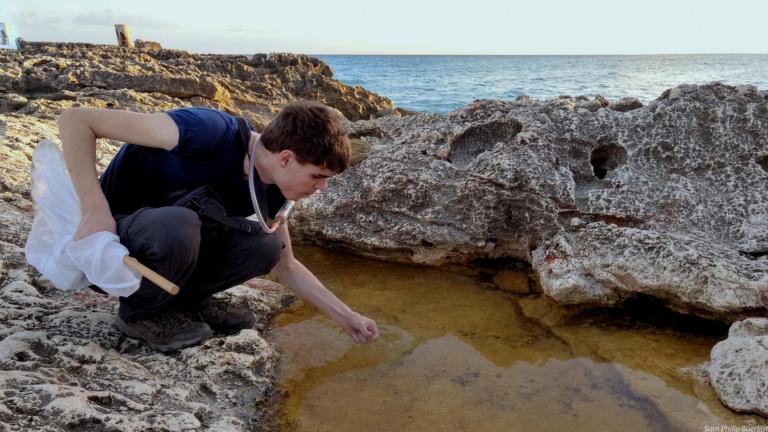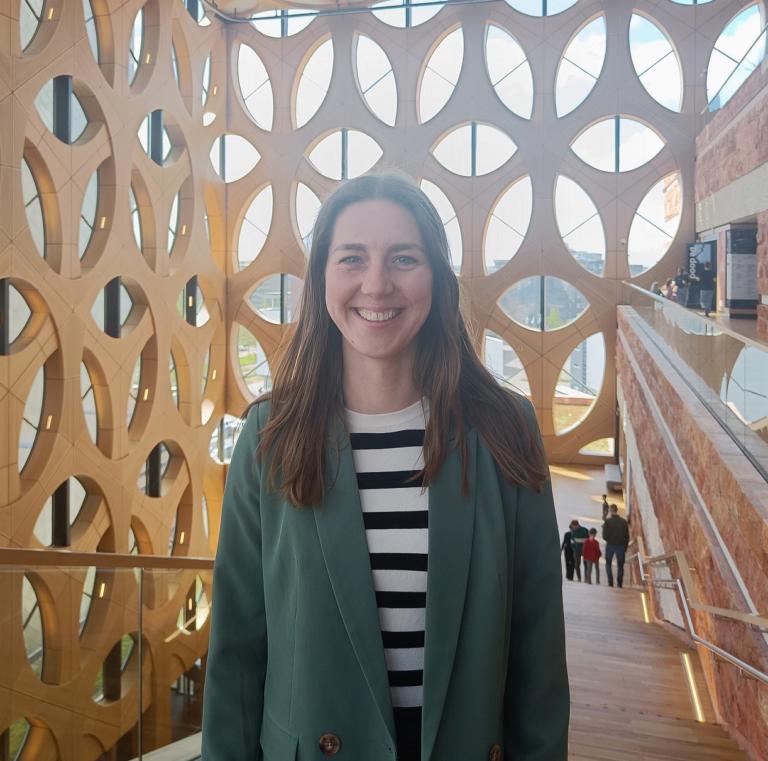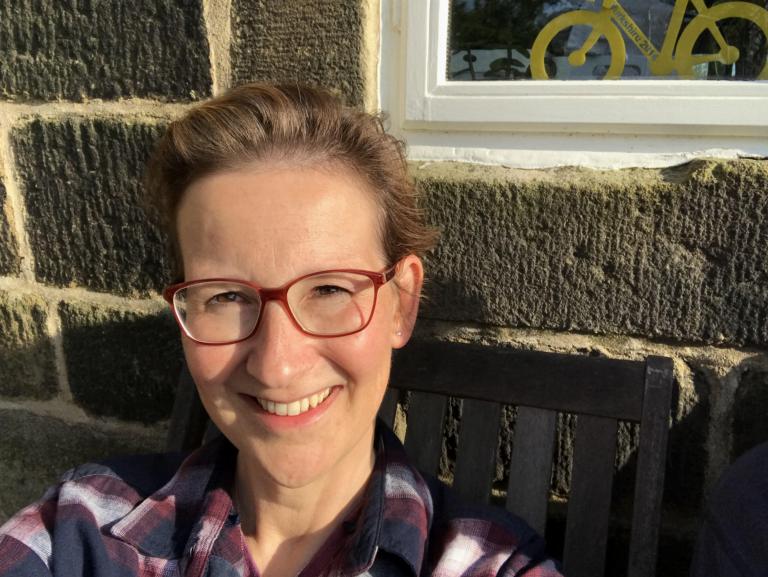
Our mission is to generate scientific knowledge and facilitate societal partners to strengthen biodiversity. We do scientific research, develop biodiversity tools, and give advice to partners. We combine science, policy and practice. Our expertise areas are: pollinators and pollination, spatiotemporal shifts in biodiversity, biodiversity monitoring and biodiversity tools.
Expertiseareas
Pollinators and Pollination
Pollinators are crucial to food production and our natural environment. We translate our knowledge and research results on pollinators into social projects, such as with the National Bee Count and SPRING. Awareness and citizen science often play an important role in this.
Spatiotemporal shifts in biodiversity
To detect patterns and causes of change in biodiversity over longer periods of time, we use state-of-the-art techniques such as Species Distribution Modeling (SDM), Artificial Intelligence (AI) and statistical tools. We use the results, for example, to make predictions about biodiversity restoration in a nature reserve, when making plans for sustainable agriculture and for developing nature-inclusive cities and infrastructures.
Biodiversity monitoring
Understanding the long-term effects of biodiversity requires monitoring. But what is effective monitoring? We study the effectiveness of different methods and make important contributions to the development of monitoring programs and recognition technology. This includes both standard and novel monitoring techniques, such as image recognition and DNA barcoding, which we apply in programs such as ARISE and Living Lab.
Tools for biodiversity
Finally, we are developing tools for various social parties that will enable them to engage in the conservation and stimulation of biodiversity. Examples are the 'Bloeibogen app' for selecting garden plants that are attractive to bees and butterflies, or the KANO quick scan webtool that a group of land owners can use to priotise how the quality of nature in and around nature reserves can be improved.

Collaborations ofNL Biodiversity & Society
Within the scientific domain, we form partnerships with several universities and institutes. For policy and practice, we actively collaborate with (semi) governmental bodies, companies and NGOs. Internationally, we have strong ties to the pollination community, both in scientific work and within the society and policy arena. For example, we work closely with CBD, FAO, Promote Pollinators, and EU Pollinator initiative. Moreover, team members play a central role in several networks focused on biodiversity research and restoration, or circular economy.
Teachingactivities
Students do internships on a broad range of subjects diverging from ecological scientific research to testing methods of citizen science. Students acquire competences like: species recognition, general fieldwork skills, data analysis using statistics and modelling and public outreach skills. Interested?


In themedia
Our researchers also occasionally appear in tv and radio items and articles, such as:
- Dutch article of HPB with Marco Roos, titled 'Three ways to connect city and nature'.
- News item of NOS with Koos Biesmeijer, about the displacement of wild bees by honey bees.
- Radio item with Michiel Hooykaas for Dr Kelder en Co about picture books, animal knowledge, nandoes and crayfish.

















